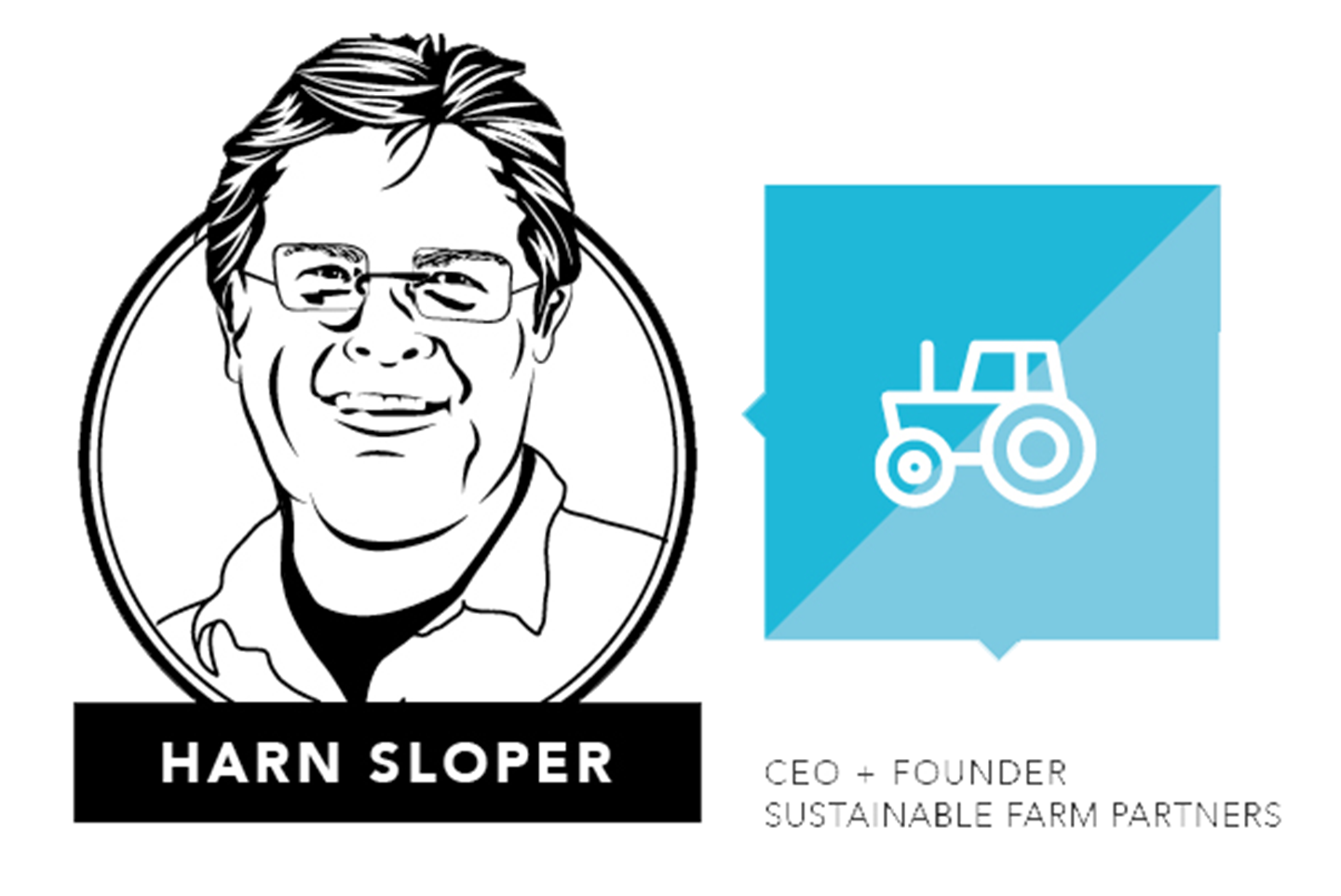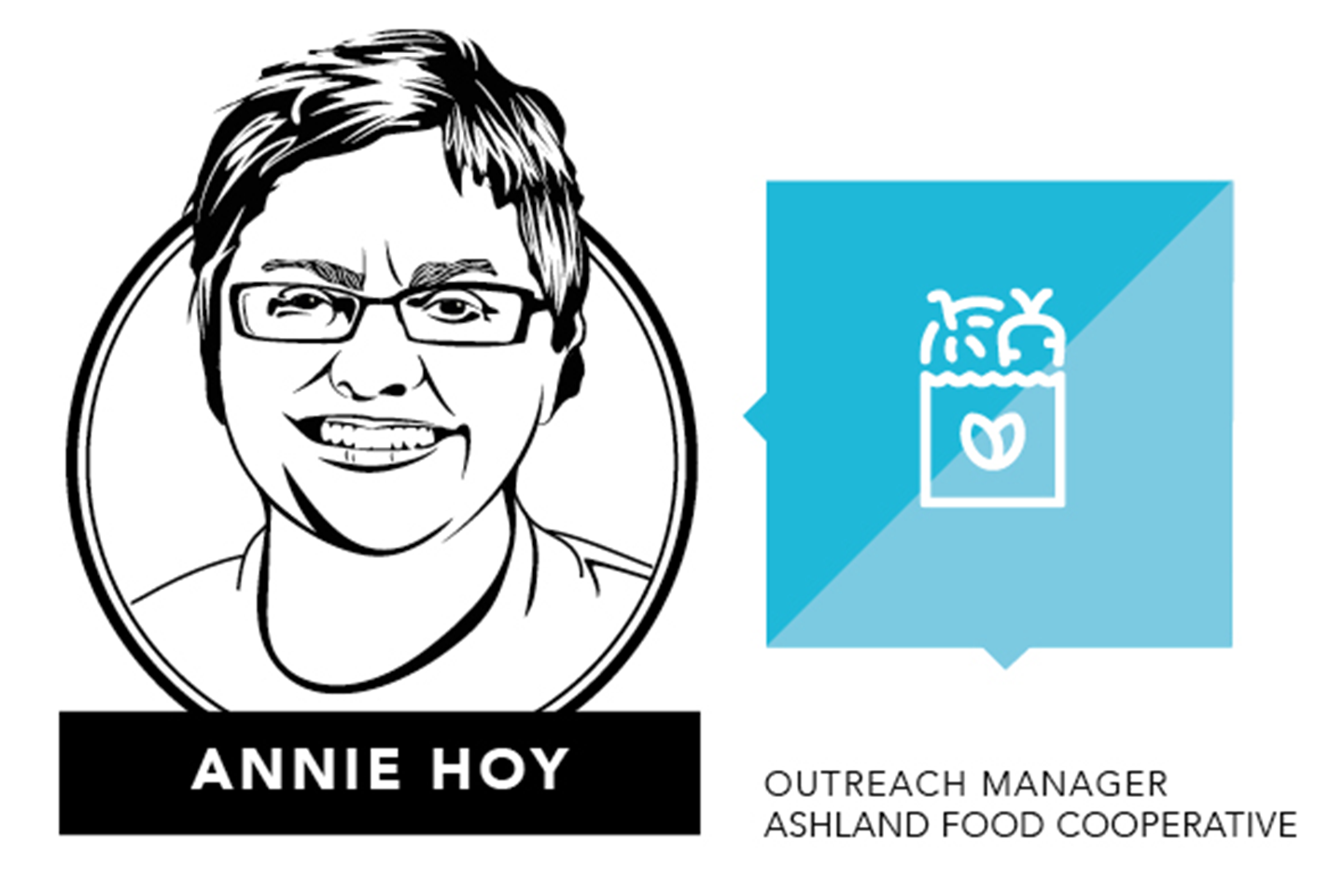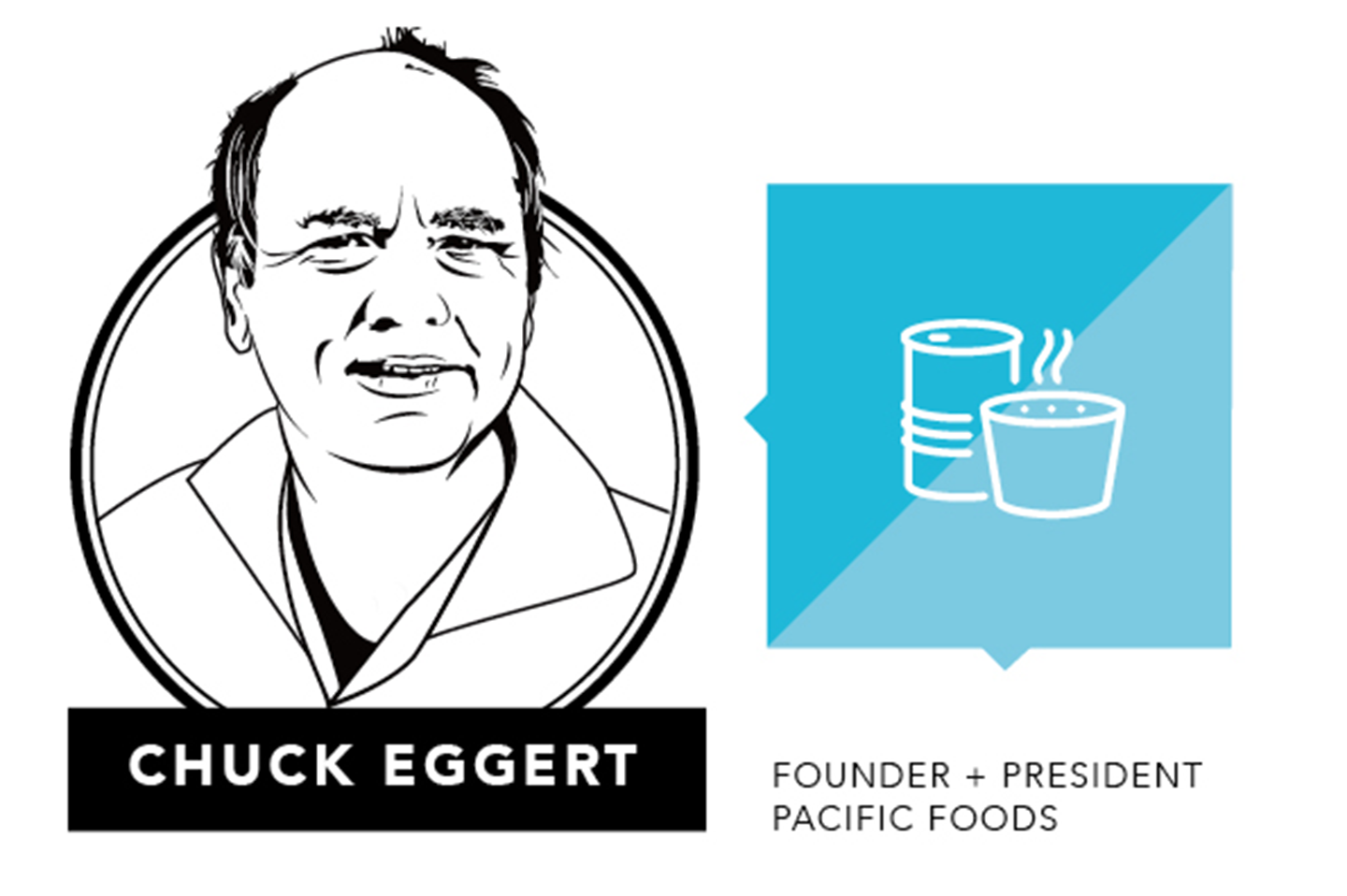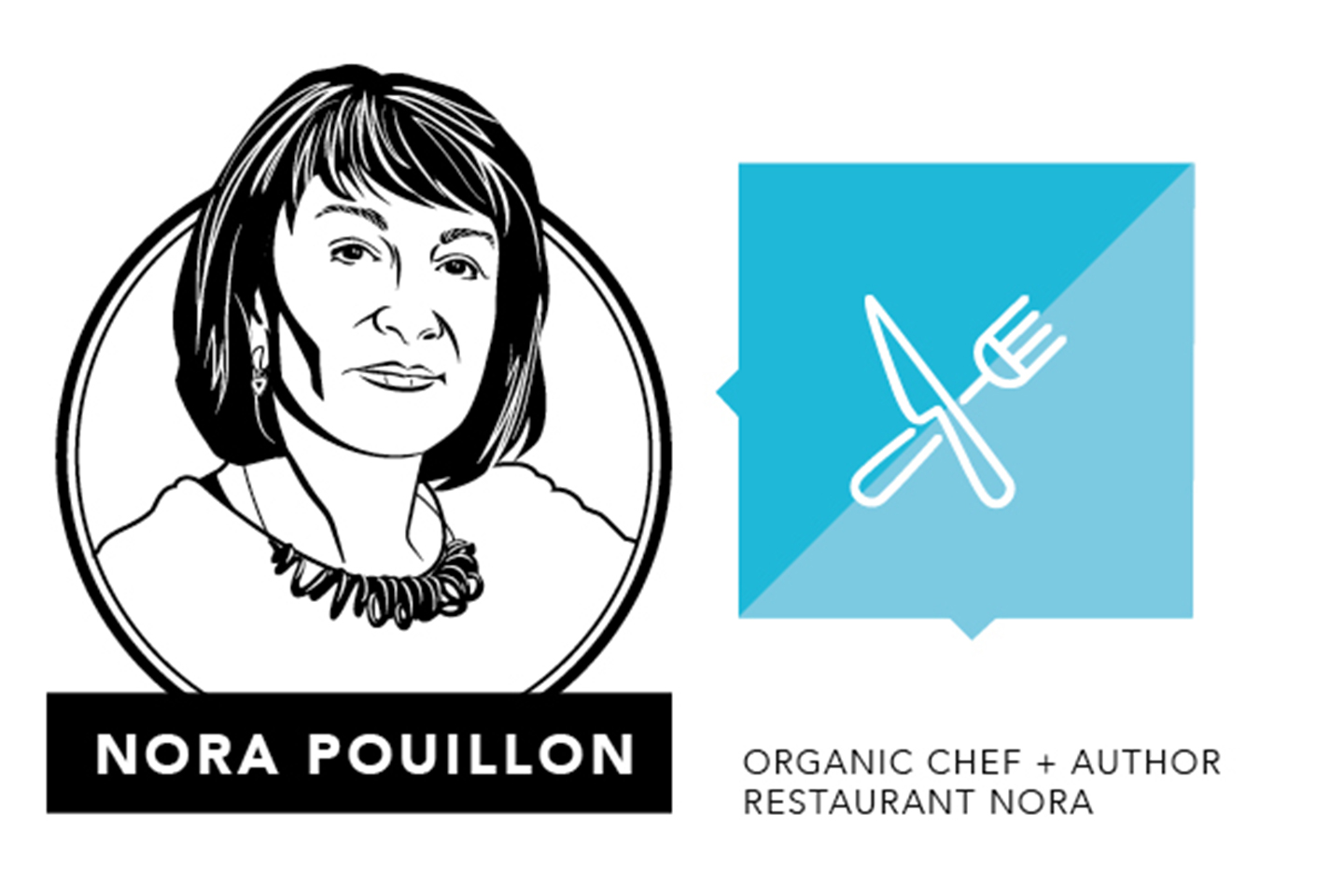Hear from some of the leading changemakers and visionaries helping create a brighter food future. Each issue we chat with a farmer, a chef, a consumer advocate and a food producer, learning about what challenges and opportunities we face across all parts of our food system on a specific topic.

What’s a big barrier to the growth of organic farmland in the U.S.?
Financing. Where do the resources to leverage the profit motive come from? In my opinion it must come from the private sector. While government can be supportive, financing the transition period needed to reach organic certification must be a private sector led effort.
How can farmers help support transition to organic?
Twice this summer we held field days, taking interested parties on a tour of our farms and sharing with them our financial and organic farming practices in detail. Peer mentorship and knowledge sharing can open up doors and dispel myths around the approaches to on-farm viability.
What would you say to someone considering transitioning?
First, I would listen. Each farmer will have different reasons as to why he or she is on the fence. I believe that at the heart of it all, farmers need to see a future in growing their farm equity and the financial ability to own more farmland.

What’s a big barrier to the growth of organic farmland in the U.S.?
Consumer demand for seasonal crops — strawberries, tomatoes, etc. — year-round requires importation of organic produce from foreign countries to stock shelves. A shift in seasonal eating and the slow process of evolution in consumer habits will help mitigate some of these pressures for retailers.
How can farmers help support transition to organic?
As a retailer, we can try to educate consumers on the importance of eating in season and prioritizing domestically grown and processed organics over other choices. Some retailers have farm trusts to protect farmland.
What would you say to someone considering transitioning?
I can imagine that any farmer faced with the costs of transitioning land for three years, and then having to pay for certification and annual inspections, would need a compelling reason. I personally ask: “What do you think our kids will say when they grow up and learn that we had the opportunity to build a better world with a healthier agricultural system and didn’t take it?”

What’s a big barrier to the growth of organic farmland in the U.S.?
I believe one of the biggest barriers to expanding organic farming is demonstrating to more conventional farmers the economic viability and profit of organic farming.
How can farmers help support transition to organic?
Pacific Foods has converted over 4,000 acres to organic farming over the past 12 years. Through our purchasing of organic ingredients, we have supported the growth of organic farming throughout the northwest. As we grow, so does the need for organic ingredients and we need to find additional local sources of ingredients that we can certify and use. Since we try to purchase ingredients as close to our manufacturing facility as possible, a vibrant and local farm community is critically important to us.
What would you say to someone considering transitioning?
Since we have always been an organic company and have owned organic farms, we think everyone should be organic. As a result, we would say come help change the way people eat and think about their food!

What’s a big barrier to the growth of organic farmland in the U.S.?
I think the expense of organic farming and the labor costs are the biggest challenges for new and continuing farmers. And, of course, climate change and soil compositions have a lot to do with it as well.
How can farmers help support transition to organic?
As a chef, I can support and encourage transitional farmers by buying their products even though they are not yet certified organic. This would support them emotionally and monetarily. Also, I can promote them with other chefs.
What would you say to someone considering transitioning?
I think that they should think of their health, their family’s health and the health of the soil that they work with everyday. Also, more and more people are supporting the organic movement and are willing to pay more for clean and wholesome products.
Hear more from Chef Nora by checking out our Getting Tilth-y visual conversation series.



















